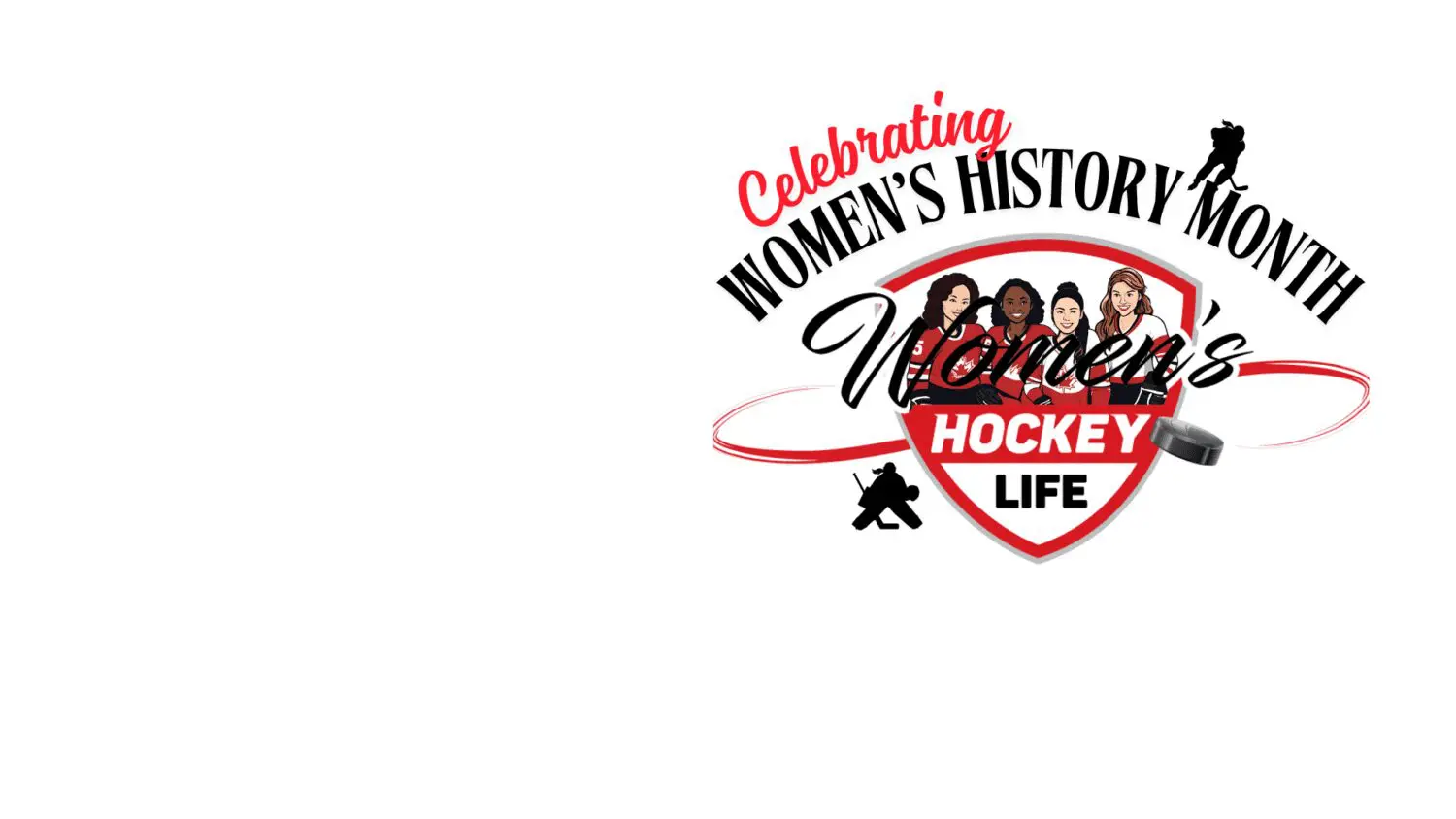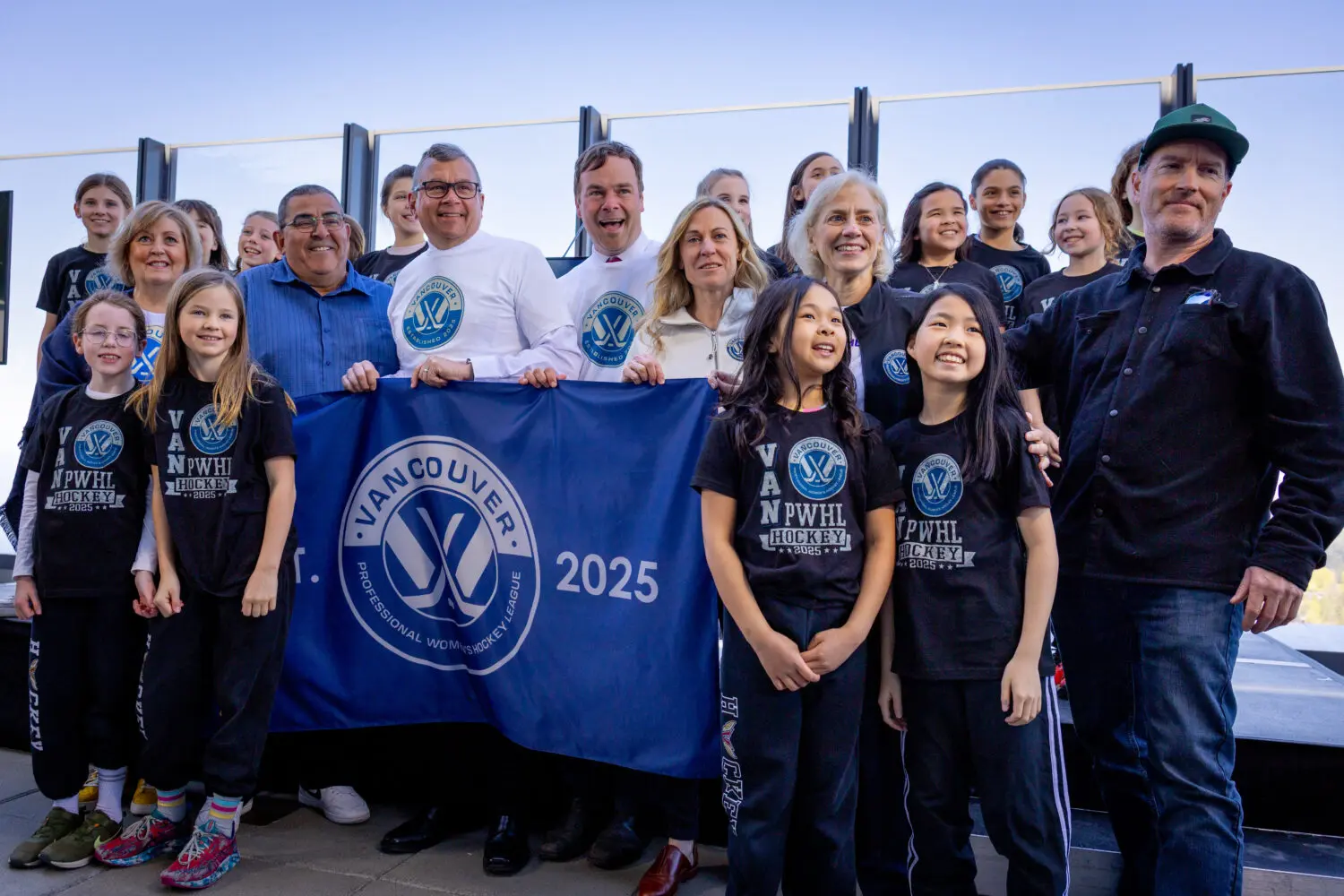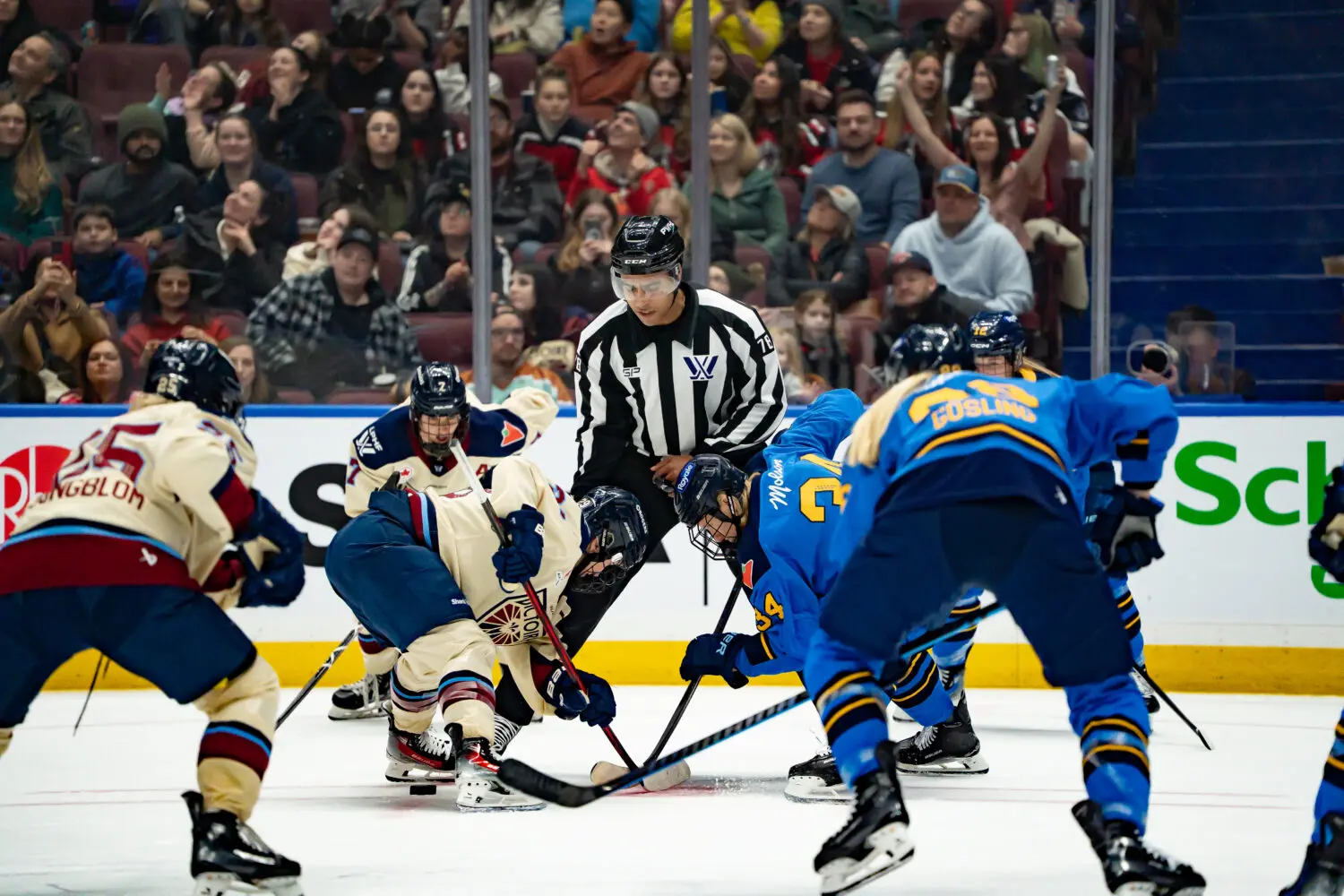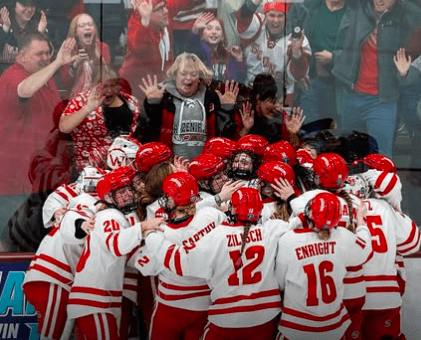How many times have we been told not to compare ourselves to others? For me, countless times and it is also something I frequently say to others as well.
New research suggests that HOW we make comparisons may give us an unbiased account of our own skills and experiences.
Research has found that people believe they spend more time alone and are part of fewer social circles than other people. However, this is partly because people often compare themselves to highly visible and social people. The same thing happens in other domains as well. For example, when looking at fitness levels, people typically compare their fitness to the fittest person they know. This suggests that our units of measurement are unrealistic when making these comparisons.
Comparison operates inversely in the same manner. Social cognitive psychologists have long known that when we want to feel better about ourselves, we will make comparisons to people that are worse off than us. This can be uplifting for our spirits when we are feeling low. In contrast, when we want to improve, we compare ourselves to people that are more skilled than we are. This suggests that comparison can be used to motivate us to improve ourselves and our skills.
Comparison isn’t all bad. The problem is when we get so deeply immersed in comparing our lives to others that we start to feel inadequate and deflated, effectively beating our self-esteem into the ground. Social media plays a major role here where everything we see is a highlight that is intentionally curated to be picture-perfect.
Although science indicates that comparisons may be useful in some respects, the majority of the population is affected negatively through unhealthy comparison. Comparing ourselves is something that we can control, and the truth is that the only comparisons we should be making is the one me make to ourselves and who we were yesterday. Progress is the main goal on this self-improvement journey and is a form a self-love that will support your growth exponentially and allow you to truly see how far you can go in any area of life, in any amount of time.
Check in with yourself, what progress have you seen in yourself the past week and what can you do to be better tomorrow?
-Coach Taylor
Feature Image: mikoto.raw Photographer from Pexels
[adrotate group=”1″]
Related Articles
Categories
Recent Posts
[adrotate group=”2″]










